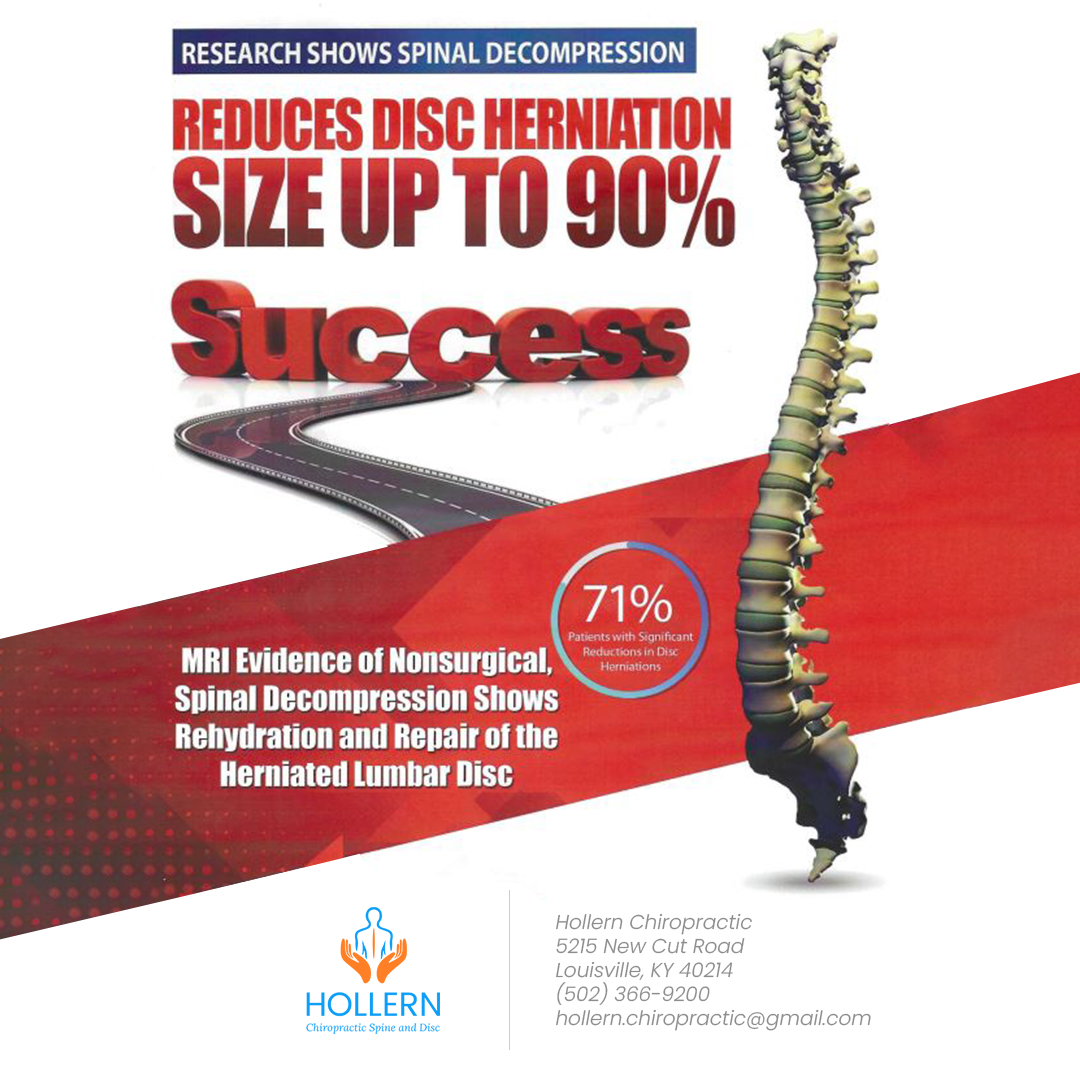
Spinal decompression is a drug-free and nonsurgical approach to relieving pain and restoring function in people with spinal conditions. It involves stretching the spine to create negative pressure and relieve pressure on the discs and nerves.
Spinal decompression employs various methods to deliver beneficial results. It promotes the revitalization of your spine and well-being. Read on to explore these techniques.
The Power of Computerized Spinal Decompression
The integration of computerized technology is one of the most significant advancements in spinal decompression. Computerized spinal decompression systems leverage sophisticated algorithms and sensors to tailor treatment plans to the specific needs of each patient.
The personalized approach ensures precise and targeted decompression. It enhances the effectiveness of the treatment and optimizes results.
Inversion Therapy for Spinal Decompression
Inversion therapy employs an inversion table or chair to position the body upside down. This allows gravity to decompress the spine.
Inversion therapy helps increase the space between vertebrae by reversing the effects of gravity. This leads to the following:
- Reduced pressure on discs.
- Circulation of nutrient-rich fluid within the spine
The technique can reduce pain and enhance spinal health. Inversion therapy is an innovative technique that has gained popularity in recent years. It has proven effective for spinal decompression.
Spinal Traction for Decompression
Spinal traction applies a controlled pulling force to the spine. The applied force decompresses the discs and reduces pressure on the nerves. Innovative traction devices enable precise targeting of specific areas of the spine. These include pelvic harnesses or motorized traction tables. The use of spinal traction relieves pain and improves mobility and spinal function.
Heat and Cold Therapy for Enhanced Decompression
The integration of heat and cold therapy with spinal decompression shows promising results in revitalizing the spine. Applying heat to the affected area relaxes muscles and increases blood flow. This promotes the healing process.
Cold therapy reduces inflammation and numbs the area, providing pain relief. Combining these therapies with spinal decompression maximizes their benefits and speeds up recovery.
The Electrical Stimulation in Spinal Decompression
Electrical stimulation is a groundbreaking technique. It utilizes low-level electrical currents to stimulate muscles and nerves. Your specialist can combine it with spinal decompression. The use of electrical stimulation alongside spinal decompression can enhance the effectiveness of the treatment.
It delivers an effective solution to reducing muscle spasms. It also improves blood circulation and promotes tissue healing. The technique can be beneficial for people with conditions such as sciatica.
Noninvasive Laser Therapy for Spinal Decompression
Noninvasive laser therapy, also known as low-level laser therapy, is an emerging technique for spinal decompression. It involves the application of low-level lasers to the affected area.
The application of laser therapy achieves the following:
- Stimulates cellular activity
- Promotes tissue regeneration
- Reduces inflammation
- Reduces pain
- Enhances the healing process
These effects make laser therapy a valuable addition to spinal decompression treatments.
For more information about spinal decompression, visit Hollern Chiropractic Spine and Disc. Our office is in Louisville, Kentucky. Call (502) 366-9200 to book an appointment today.










